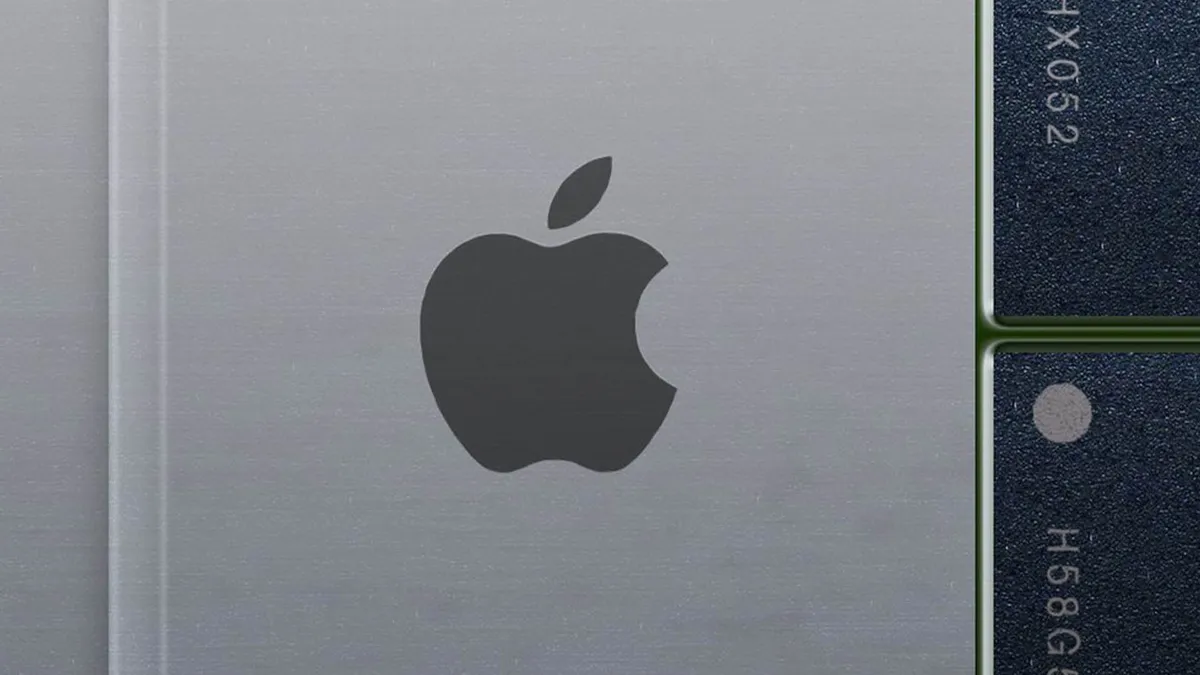
As TSMC gears up for 2nm wafer production in the final quarter of this year, Apple has reportedly secured nearly half of the initial capacity. This significant allocation is not solely for the anticipated A20 and A20 Pro chipsets that will power the upcoming iPhone 18 family in 2026. Recent updates indicate that the tech giant is preparing to mass-produce four System-on-Chips (SoCs) using this advanced lithography technology, alongside a new packaging method that promises to be a substantial upgrade from current offerings.
The A20 and A20 Pro chipsets are expected to adopt the latest WMCM packaging (Wafer-Level Multi-Chip Module), a technology that allows for the integration of multiple components within a compact footprint. This advancement means that crucial elements such as the CPU, GPU, and DRAM can be combined more efficiently, resulting in a more powerful chipset design. The benefits of this technology include improved performance, reduced thermal output, and extended battery life, making it a game-changer for Apple's product lineup.
Besides the A20 series, the new MacBook Pro lineup is anticipated to be equipped with the M6 chipset. Reports suggest that this series could mark the transition from mini-LED to OLED displays, enhancing the visual experience for users. Additionally, a successor to the Apple Vision Pro is expected to debut in 2026, featuring the R2 co-processor that will also employ TSMC’s cutting-edge 2nm process.
While other companies like Qualcomm and MediaTek are also planning to introduce their first 2nm chipsets in 2026, Apple is positioned to have a competitive edge. The company is likely to implement this advanced technology across a wide range of its devices, enhancing its ecosystem significantly. According to China Times, the A20 and A20 Pro are set to utilize a substantial portion of TSMC’s initial 2nm production capacity, solidifying Apple's commitment to innovation.
TSMC’s 2nm technology is in high demand, with projections estimating that the semiconductor manufacturing leader will produce around 100,000 wafer units monthly by the end of 2026. However, this advanced manufacturing process comes at a steep price, approximately $30,000 per wafer, resulting in significant costs for its partners. This investment underscores the importance of cutting-edge technology in maintaining a competitive advantage in the fast-paced tech industry.
In summary, as Apple prepares to leverage TSMC's 2nm wafer production, the implications for its upcoming devices are promising. The integration of advanced technologies such as WMCM packaging and the introduction of powerful new chipsets will likely set the stage for a new era of innovation and performance in Apple's product range.